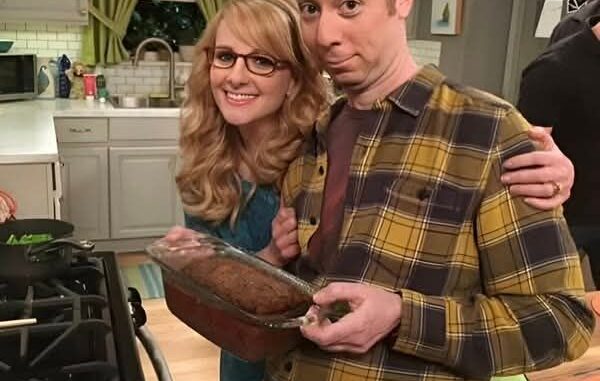
Kevin Sussman’s journey onto The Big Bang Theory as Stuart Bloom, the quirky comic book store owner, was far from certain. In fact, he first auditioned for the role of Howard Wolowitz, a part that ultimately went to Simon Helberg. Yet, nearly two years later, Sussman found his way onto the set, albeit with a healthy dose of self-doubt.
“I was convinced that the first episode would be my last,” Sussman openly admitted. He recalled the intense pressure of live audience shoots, especially when faced with last-minute script changes. Each take was a battle against his own nerves, making him believe his tenure would be short-lived. To his genuine surprise, show co-creator Chuck Lorre kept bringing him back, recognizing something special in his portrayal.

Sussman was known for his deep thoughtfulness as an actor, a trait that made every single take unique and unpredictable. “The writers were losing their minds,” recalled executive producer and writer Eric Kaplan, not out of frustration, but because Sussman’s surprising delivery made each scene feel fresh and unexpected. A prime example of this was a particular scene where Stuart was supposed to simply say, “Don’t all look at the same time.” Instead, with a stroke of comedic genius, Sussman sang the line, transforming a simple instruction into a memorably hilarious moment.
His nervous energy, rather than being a hindrance, became a defining and endearing trait of the character. Co-creator Bill Prady wisely advised, “If someone said, ‘Can I give Kevin a note?’ we’d say, ‘Don’t give Kevin a note. Just let him do it again and see what you get.’” This hands-off approach allowed Sussman’s manic, yet inherently lovable, quality to shine through, solidifying Stuart’s place as a beloved character among the show’s ensemble.
Despite his initial self-doubt and the constant pressure of live television, Kevin Sussman’s unique comedic instincts proved invaluable. His unpredictable performances and endearing nervous energy made Stuart Bloom an essential part of The Big Bang Theory‘s charm, proving that even supporting roles can leave a significant and lasting impact on a show’s legacy.
